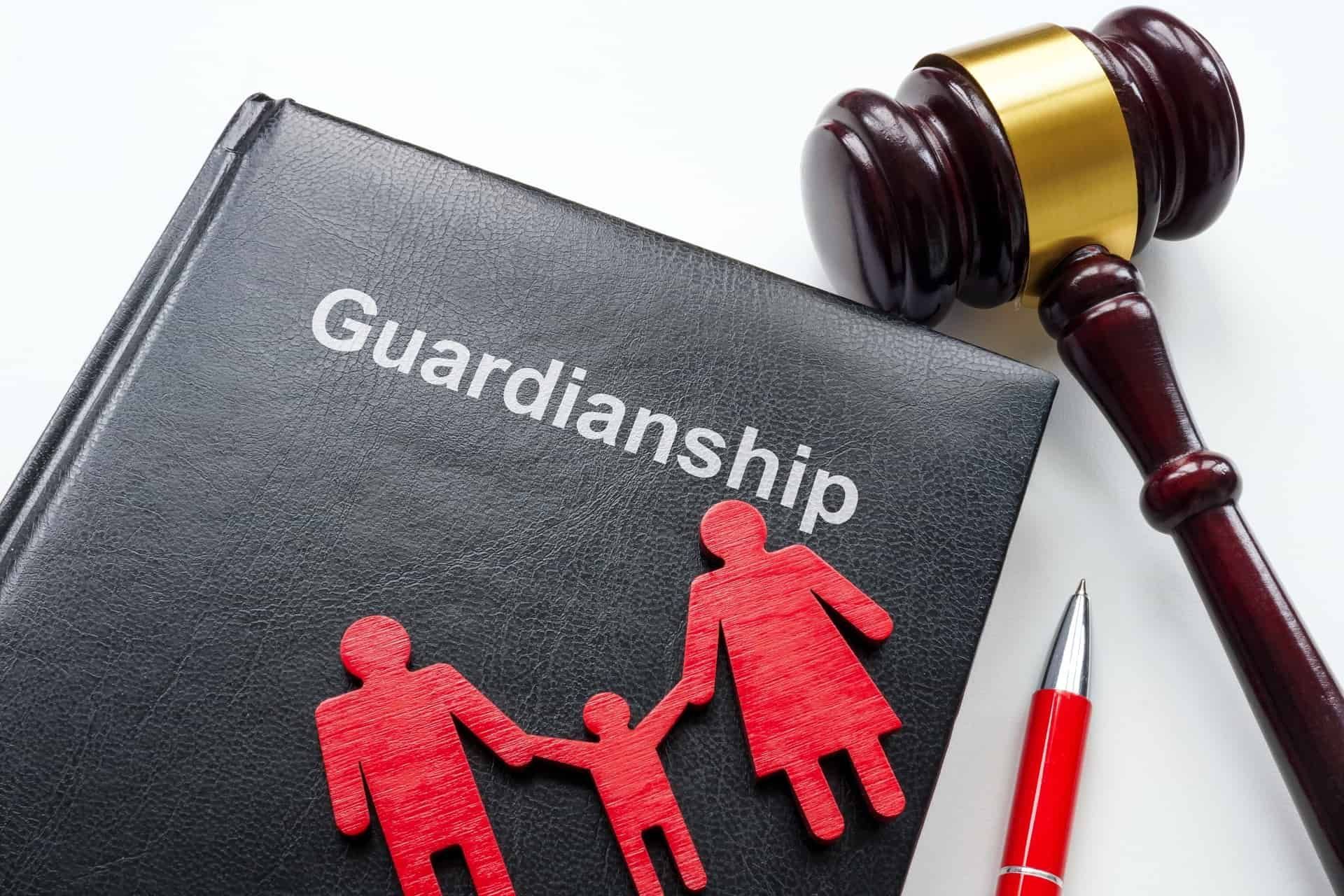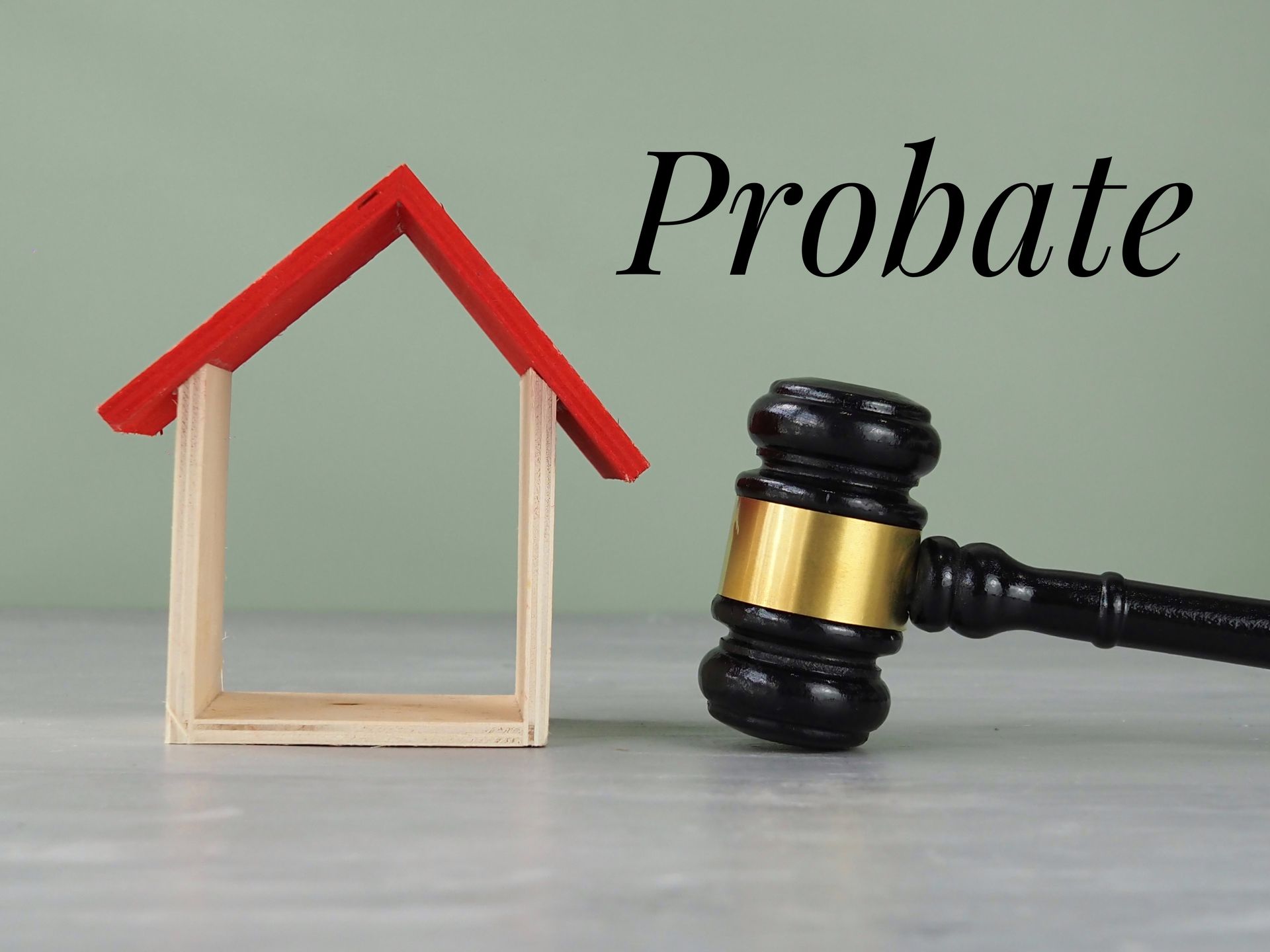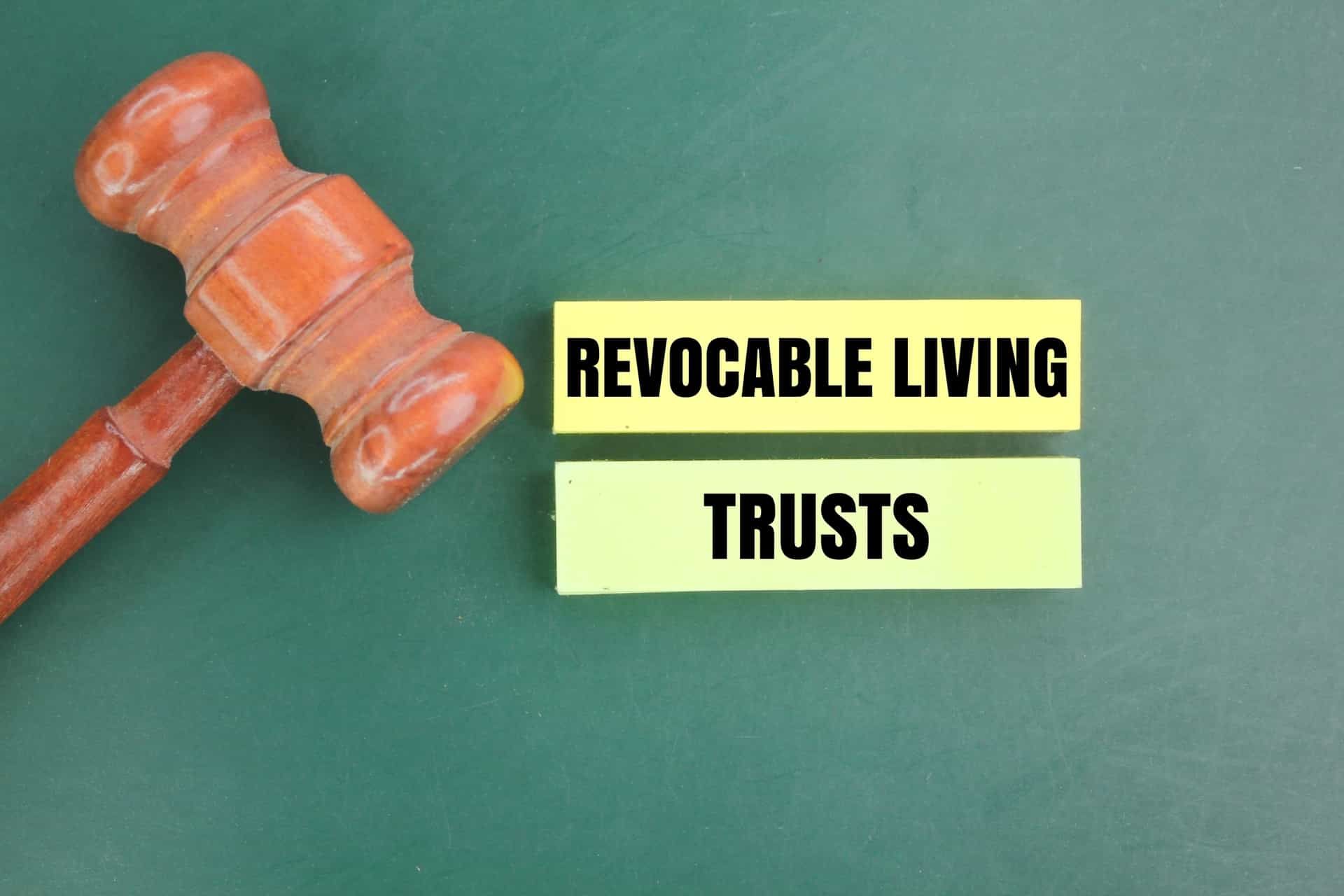Dismissal for Want of Prosecution: What It Means and What You Should Do?
In the legal world, words and phrases have very precise meanings. If you aren’t careful, you might read something that sounds like it could be helpful to your situation but in reality is actually the complete opposite. If you’re dealing with a lawyer and court processes, there are many double meanings lurking in every corner. Dismissal for want of prosecution refers to the termination of a legal case due to the failure of the plaintiff to actively pursue or prosecute the case within a specified period of time.
And not all of these hidden connotations are good ones. Some phrases can actually hurt your case more than they help it. However, knowing which phrases are good and which are bad can give you insight into how the court system operates and how best to proceed with your defense.
One phrase that may appear positive is “dismissal for want of prosecution.” This article explains what this means, what you should do if it happens to you, and whether it has any bearing on future cases against you.
What Does “Dismissal for Want of Prosecution” Mean?
“Dismissal for want of prosecution” is a phrase that is often used in civil cases where there has been no activity for a certain amount of time. This can happen with breach of contract cases, property damage cases, and anything else where there is no clear next step in the process.
When the court feels that there has been a
lack of progress in the case, they may issue a dismissal for want of prosecution. This essentially means that the plaintiff (the person who initiated the suit) has done nothing to move the case forward in a timely manner.
At this point, the judge may dismiss the case and issue a verdict in favor of the defendant (the person being sued). The dismissal is not necessarily permanent, however. If the plaintiff re-files the case and provides a reasonable reason for the delay, the judge may reinstate it.
What Happens When You Are Dismissed for Want of Prosecution?
When you’re dismissed for want of prosecution, the judge will rule in favor of the defendant in the case. This does not permanently end the suit, however. The plaintiff can re-file the case and ask for a new trial date. They will likely have to pay additional court fees, however.
This is a rare occurrence, but it does happen from time to time. If the plaintiff does not re-file the case, the defendant is off the hook, as the suit has been dismissed for good. The plaintiff can, however, appeal the judge’s decision. If they do so, the case will go to a higher court and will likely be delayed again.
Is a Dismissal for Want of Prosecution Good or Bad?
As is often the case with legal phrases, “dismissal for want of prosecution” can be both good and bad in certain situations. The positive aspect of this term is that it allows a case to be re-opened if there is a legitimate reason for the delay.
If you’re being sued and you’re defending yourself, you might experience a lag in the case due to personal circumstances. For example, you might be out of the country for work or illness for a period of time and need extra time to respond to your suit. A dismissal for want of prosecution allows you to come back and respond without being punished.
Should You Hire a Lawyer if You Are Dismissed for Want of Prosecution?
Since a dismissal for want of prosecution isn’t always a bad thing in court cases, you may want to consider hiring a lawyer even if it happens to you. While you might be able to represent yourself perfectly fine in the initial stages of a case, you may find yourself in over your head when the case goes to trial.
A lawyer can help you organize evidence and build a strong case on your behalf. Even if you don’t win the initial case, the lawyer may be able to
negotiate a settlement that is favorable to you.
Conclusion
Legal terms and phrases can often be confusing and misleading, and “dismissal for want of prosecution” is no different in this regard. This phrase will likely appear in the early stages of a case, usually when the plaintiff has failed to respond to a deadline or other given legal action. When this happens, the judge will rule in favor of the defendant and dismiss the case.
The plaintiff can re-file the case and ask for another trial date, however. If you are sued and you want to defend yourself, you should be aware of the potential for a dismissal for want of prosecution. This can be a good or bad thing, depending on the circumstances.
Ultimately, a dismissal for want of prosecution is a sign that the plaintiff has been dragging their feet in the case. When this happens, the judge will rule in favor of the defendant. At this point, it’s up to the plaintiff to re-file the case and respond to the dismissal. If they do, the case can go forward normally again.
If you’ve been served with a dismissal for want of prosecution, it’s important to understand what this means and how you should respond. Hiring an experienced attorney can help you understand your rights and options.
At Doane & Doane, our attorneys have experience handling all types of civil cases, including those that have been dismissed for want of prosecution. We can help you understand the ruling and what your options are. Contact us today to schedule a consultation.
Call Doane & Doane P.A Today
At
Doane & Doane, Plam Beach Gardens FL, we have a long history of fighting for our clients. When you are facing a legal issue, the last thing you want is to have your case dismissed for want of prosecution.
Unfortunately, this is a common occurrence in the legal system. By definition, a dismissal for want of prosecution occurs when a case is dropped because the plaintiff failed to take necessary and required actions in a timely manner.
There are a number of reasons why this might happen. In some cases, the plaintiff simply forgot about the case or was too busy to deal with it. In other cases, the plaintiff might have been trying to stall for time or deliberately dragging their feet.
Whatever the reason, if your case is dismissed for want of prosecution, it can be a major setback. The good news is that you may be able to have the dismissal overturned.
An experienced attorney can help you understand your options and give you the best chance at having your case reinstated. At Doane & Doane, we have a team of experienced attorneys who are ready to help you.
Call us today to
schedule a consultation. We will review your case and help you understand your options. With our help, you can get your case back on track and get the outcome you deserve.
Phone:
561-656-0200
The information in this blog post is for reference only and not legal advice. As such, you should not decide whether to contact a lawyer based on the information in this blog post. Moreover, there is no lawyer-client relationship resulting from this blog post, nor should any such relationship be implied. If you need legal counsel, please consult a lawyer licensed to practice in your jurisdiction.
Disclaimer: The information on this website and blog is for general informational purposes only and is not professional advice. We make no guarantees of accuracy or completeness. We disclaim all liability for errors, omissions, or reliance on this content. Always consult a qualified professional for specific guidance.
RECENT POSTS






